
Moving a furnace a few feet is not a huge matter. However, moving a furnace to another room or different part of the house will probably cost a few thousand dollars. It's a major job involving numerous different professionals.
Find out if there’s any truth to this widely-held belief


Turning an AC on and off doesn’t use as much energy as leaving it on nonstop and is less likely to damage the unit over time.
Raising your thermostat to a higher temperature, investing in a programmable AC unit, and regularly cleaning the air filters are all ways to reduce AC energy costs.
Letting an AC unit run all day is only recommended in extreme heat or humidity, which can cause damage to home elements like furniture or house plants.
When it’s hot outside and the temperature in your home constantly fluctuates, stopping and starting your AC may seem like the right solution. If you’re hesitant to do so because someone once told you that it’s bad to keep turning the AC on and off, you might want to reconsider. The best plan of action depends on a couple of factors—like your local climate and the type of air conditioner you have. This guide will help you make the right choice and keep your home cool.
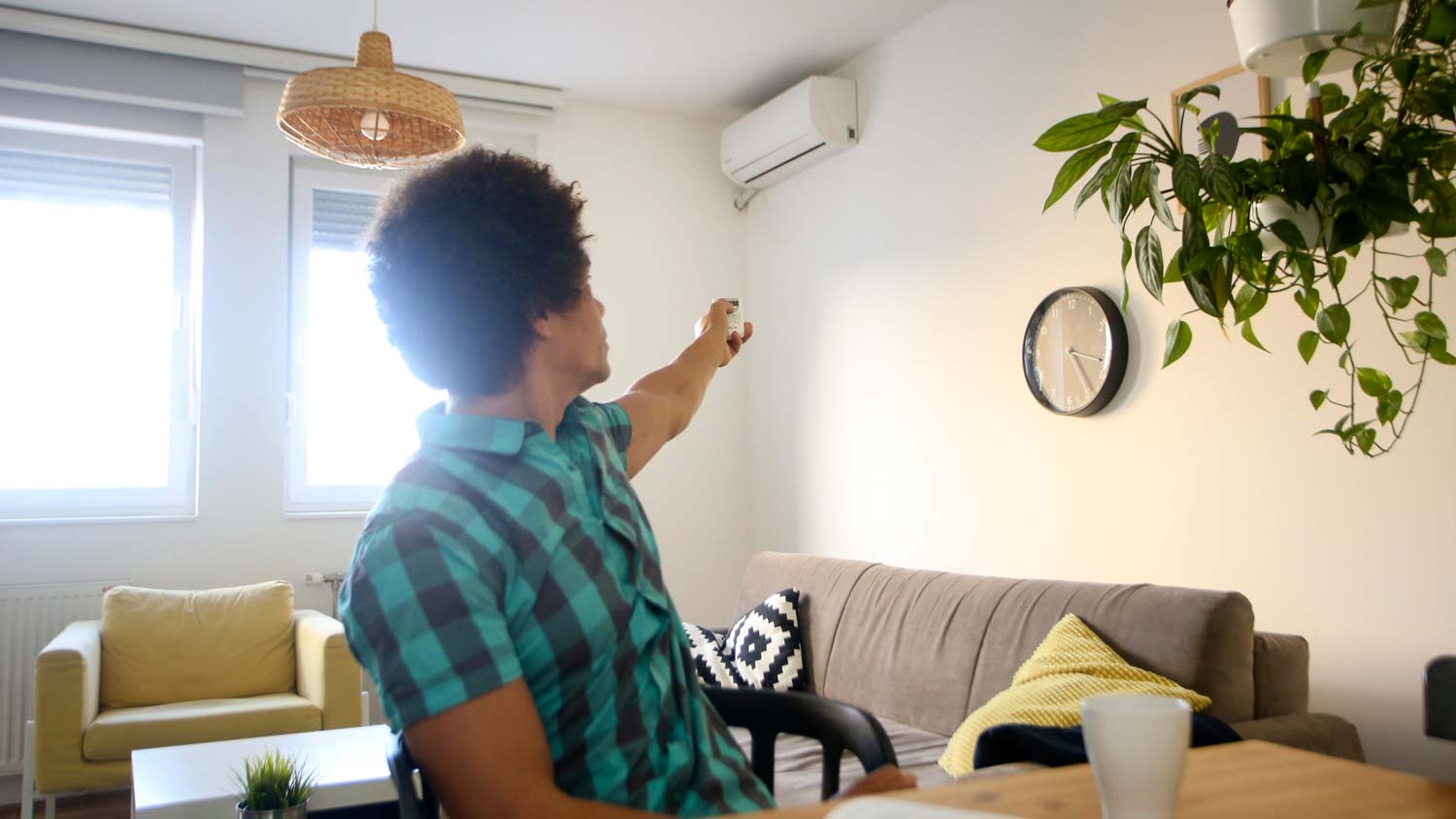
It’s commonly thought that turning an AC on and off over and over again uses more energy than simply leaving it on, but this isn’t necessarily the case. While it’s true that cooling down an especially hot house takes longer to do and requires a larger energy output over a shorter period of time, letting the machine run all day still uses more energy overall and is more taxing on the unit.
Instead, leaving the AC off when you’re not at home and only turning it on when the temperature is no longer comfortable—unless the heat becomes unmanageable for pets or plants—will improve your HVAC system’s efficiency.
Instances of extreme heat are the exception to this rule. If the temperature in your home begins to rise the moment your AC stops and the machine has to work twice as hard to cool it back down, you’ll actually use less energy by leaving it on.
Another exception is the type of AC unit. Older and less efficient AC units require more energy to cool down the home, and smaller models like window units or portable units work harder to cool larger, overheated spaces when turned off and on frequently.
Frequent AC cycling, or short-cycling, is different from just shutting off the AC when you leave the house all day. An AC unit should cycle two to three times per hour, but if your AC unit is turning on and off more frequently, it is short-cycling.
Short-cycling is a sign that something is wrong with the AC, such as a clog or a dirty filter. If the AC is short-cycling, it could lead to various problems, including:
Damage to the compressor
More wear and tear on entire AC system
Less efficient cooling and uncomfortable temperature fluctuations
Higher energy consumption and utility bills
Shortened AC lifespan
In addition to stopping and starting an AC unit as needed, there are a handful of other ways to keep energy costs down without sacrificing comfort. Use these tips to get the most out of your machine while using the least amount of energy.
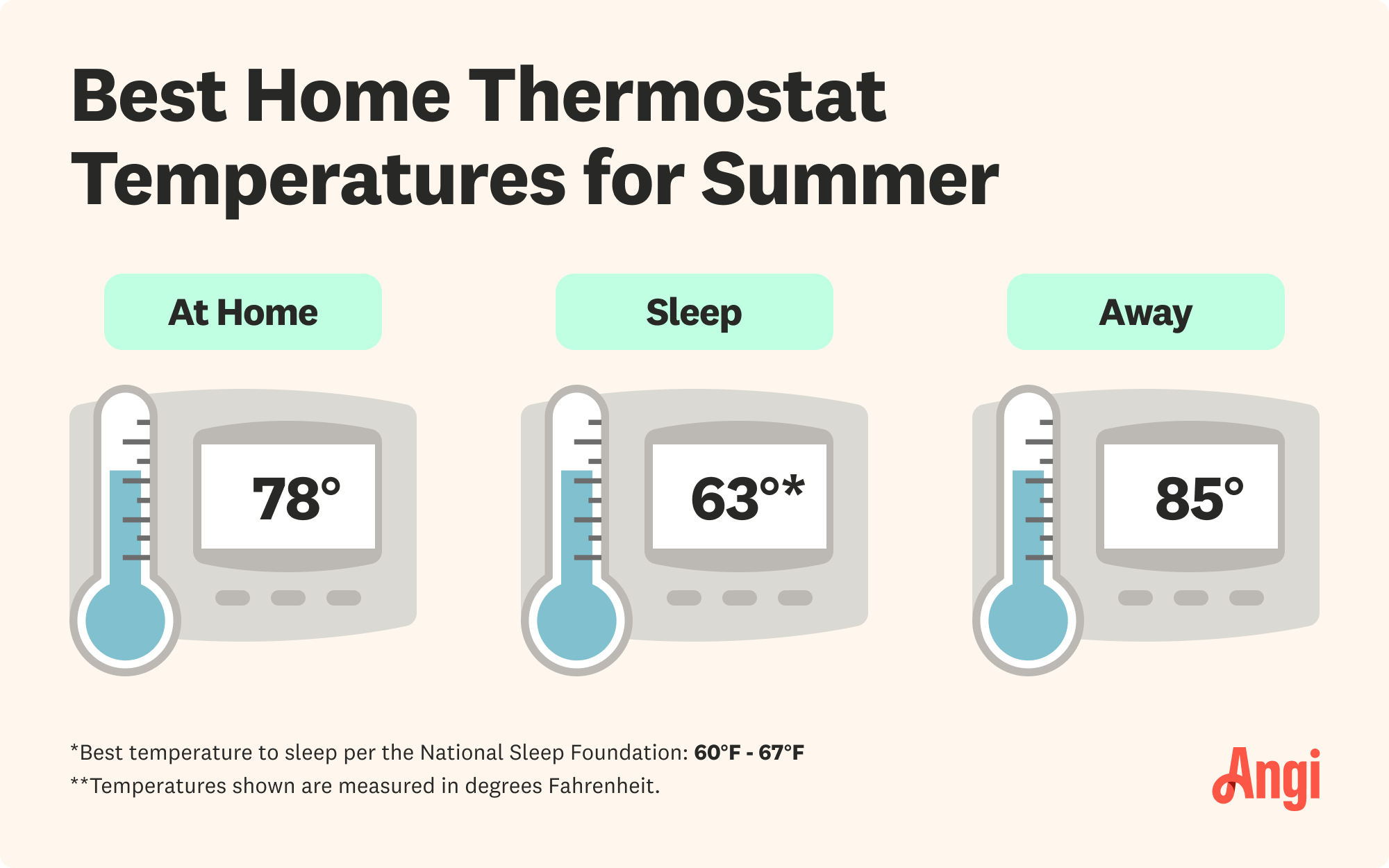
If it’s higher than 100 degrees Fahrenheit outside and you’re about to head out for work, leaving your AC on during the day is probably the only way to ensure you don’t come home to a lava pit. Instead of letting the unit run at full power while you’re out, set your thermostat a few degrees higher than you would if you were home. This will help you use less energy overall during the day without making your abode totally uncomfortable when you return.
It’s not too late, swap your current AC system for one you can program to turn on and off automatically. These options allow you to set the thermostat to your ideal temperature so the AC unit activates on its own when it’s too hot and turns off when it’s cooler. Plus, with a smart thermostat, you can control the temperature remotely.
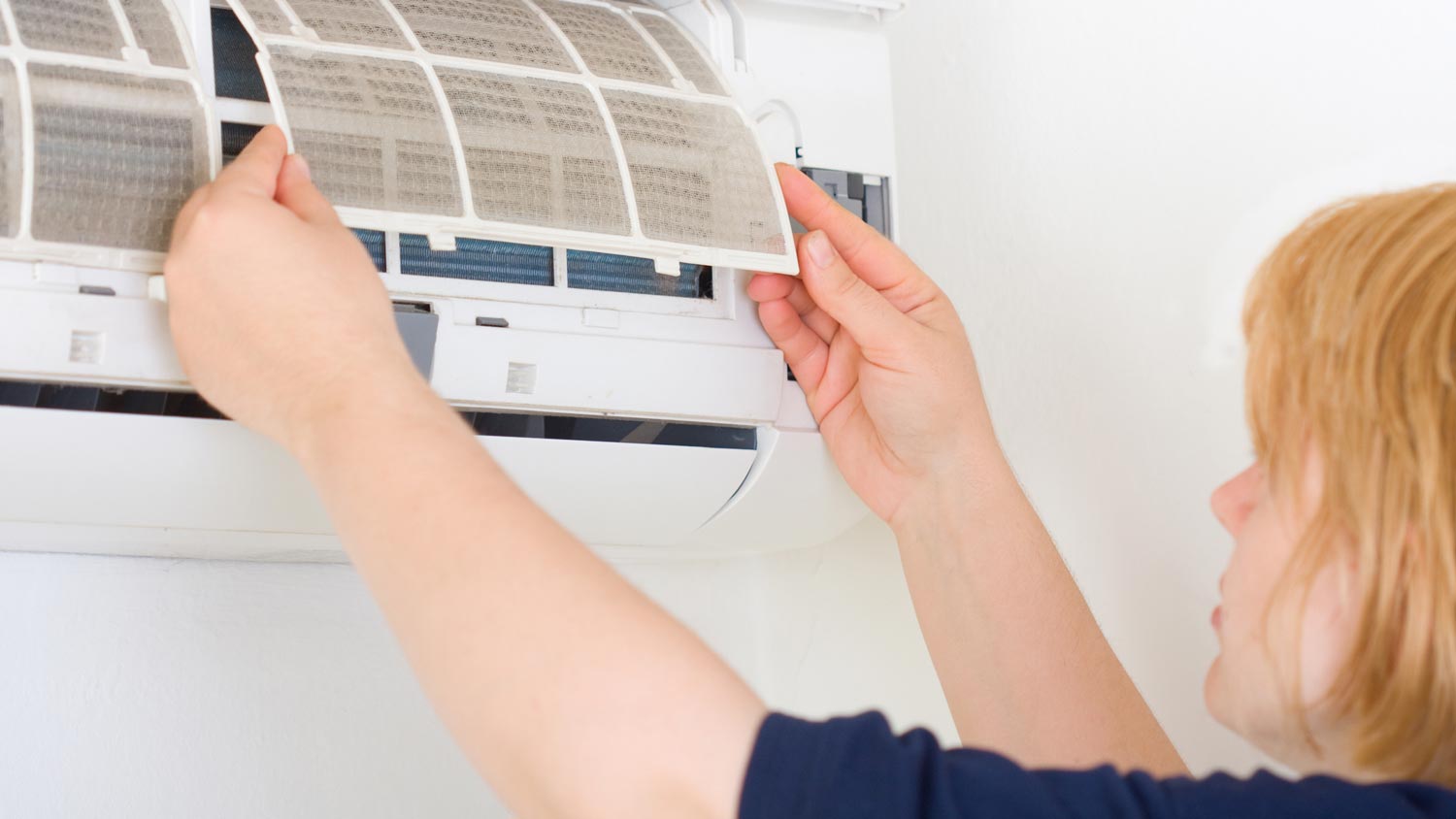
Running an AC with a dirty filter puts excess strain on the system, which can damage it and increase energy costs. Your unit has to work harder to cool down your house as more dust and debris build up in the system, which means it’ll need twice as long—and cost more—to do the same job.
Fortunately, it takes just minutes to change an AC air filter, and it has an immediate impact on your home’s air quality.
Your AC unit will function better and more efficiently if everything is in working order, which is why it’s so important to hire an HVAC technician near you for a yearly checkup. AC tune-up costs range from $30 to $500 on smaller units and $350 to $750 for larger ones, though the price may increase if your tech finds major damage.
From average costs to expert advice, get all the answers you need to get your job done.

Moving a furnace a few feet is not a huge matter. However, moving a furnace to another room or different part of the house will probably cost a few thousand dollars. It's a major job involving numerous different professionals.

A swamp cooler offers cool, moist air and costs less than an air conditioner. Learn about the costs of swamp coolers based on your home size and type of unit.

How much does a whole-house dehumidifier cost? The final price can vary. Explore our cost guide to see what impacts the price and start budgeting now.
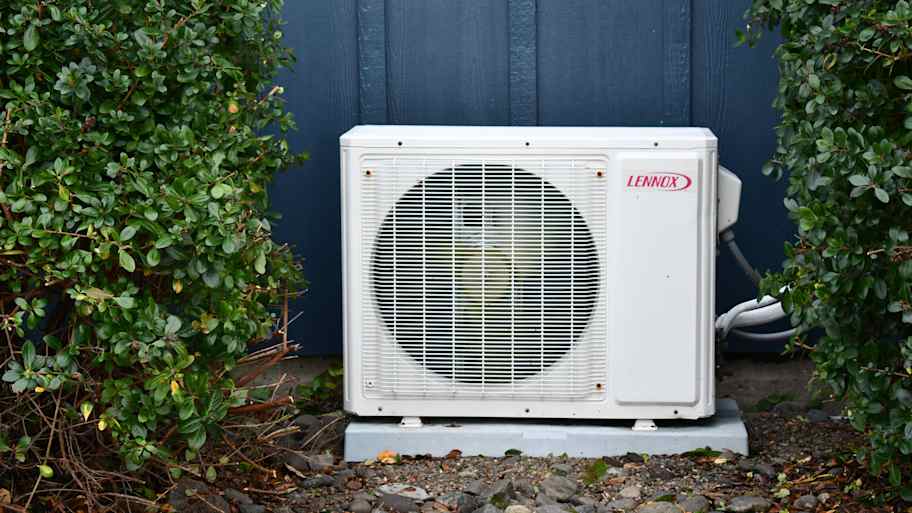
Mini split versus heat pump: which one to choose? Explore how these energy-smart HVAC systems stack up in cost, comfort, and efficiency.
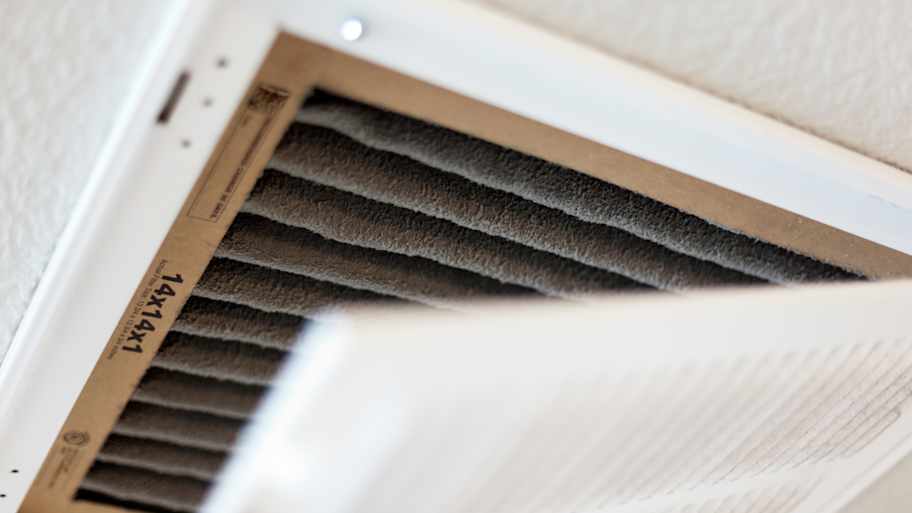
The pros and cons of fiberglass air filters reveal whether this wallet-friendly option can clean the air enough for you to breathe easily.

Review the disadvantages of mini-split systems as well as the benefits before buying. Review our breakdown of the mini-split pros and cons.